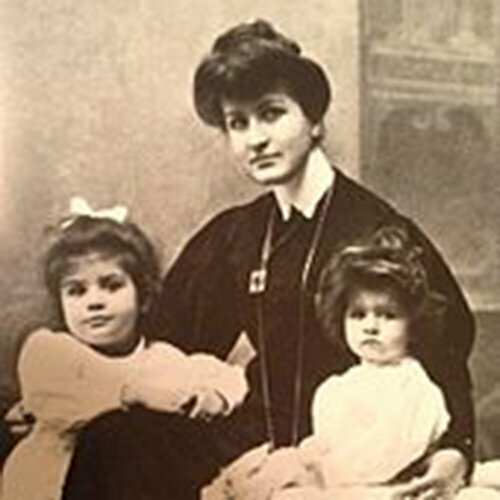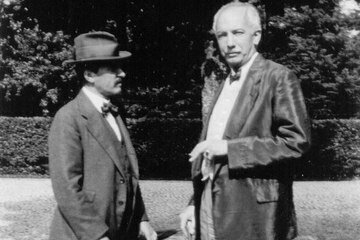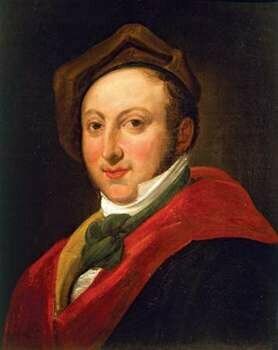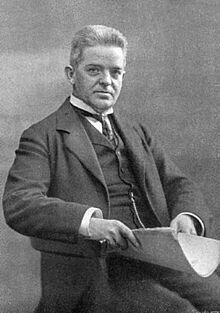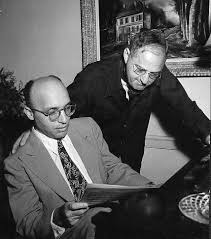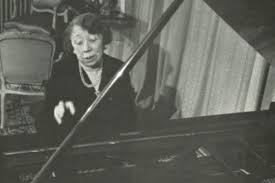Alma Mahler severely took her husband Gustav to task for composing a series of orchestral songs on texts dealing with the death of children. Merely two weeks after the birth of their second child, Alma found it incomprehensible and feared
On This Day
On 26 January 1911, Richard Strauss’ new creation Der Rosenkavalier exploded onto the world stage in the packed Semper Opera in Dresden. It caused nothing short of a sensation! One of the most anticipated musical and cultural events in the
Rossini’s La Cenerentola (Cinderella) premiered at the Teatro Valle in Rome on 25 January 1817. Press reports were generally favorable, but the singers took a beating. Some critics even spoke of a “fiasco” because there was no applause during the
Carl Nielsen’s Symphony No. 5, Op. 50 premiered in Copenhagen on 24 January 1922. When a reporter asked him on the day of the premiere about the subject or title of the work, Nielsen replied, “It is nameless… The only
Liza Elliot (mezzo-soprano) is a successful editor of a popular fashion magazine. Nevertheless, she is highly uncomfortable with the success-oriented and male-dominated society. Liza is also conflicted about the love interests in her life, and she can’t decide between her
Wolfgang Amadeus Mozart had contemplated a journey to London in the autumn of 1786. However, his father Leopold strongly objected, and he even refused to look after Mozart’s children. As such, instead of going to London, Mozart accepted an invitation
After months of careful planning, Maurice Ravel embarked on a 4-month tour of North America in 1928. In all, he visited 25 cities coast-to-coast, and performed and conducted the leading orchestras of Canada and the Unites States. Ravel also made
Described as one of the natural wonders of Scotland, Fingal’s Cave is located on the uninhabited island of Staffa, in the Inner Hebrides. Formed from hexagonally jointed basalt columns it became known as “Fingal’s Cave” after the hero of an

